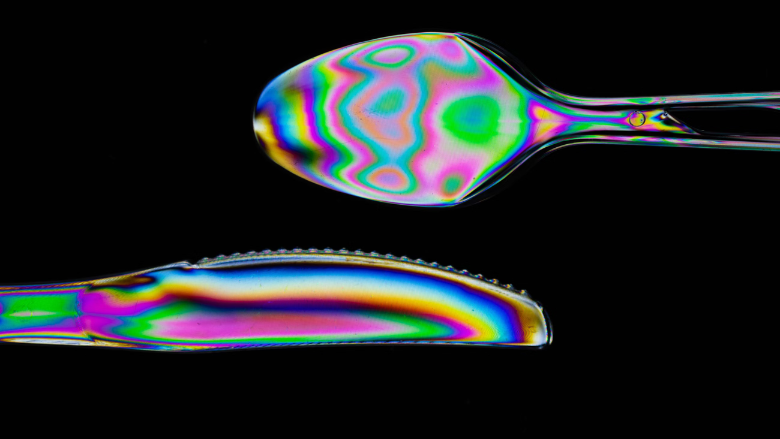On 12 June 2024, a committee of experts from EU member states voted to ban some bisphenols, including bisphenol A (BPA), from being used in food contact materials.
The European Commission's proposed regulation would effectively ban the manufacture and sale of food contact materials that contain BPA and other carcinogenic, mutagenic, toxic or endocrine-disrupting chemicals. The ban would apply not only to plastic and coated packaging, but also to other types of products such as food processing equipment.
The proposal follows a ban enacted six years ago that banned the use of BPA in other consumer products such as baby drinking bottles and containers, and receipt paper. The proposed new ban would apply specifically to food and beverage cans, kitchen utensils, tableware, and food contact products used in professional food manufacturing.
The European Parliament and the Council will then assess the proposal. If there are no objections, the ban could be adopted by the end of 2024 and could be in place for up to three years.
The proposed ban follows the European Food Safety Authority's (EFSA) recent lowering of the tolerable daily intake (TDI) for BPA. EFSA's current position on BPA's TDI is based on a non-traditional risk assessment process and has garnered both support and opposition from the scientific community around the world.



